Buchu is used to treat urinary tract infections (UTIs), such as urethritis and infections of the kidneys (pyelonephritis). It is also taken by mouth to treat an inflamed prostate (prostatitis), benign prostatic hyperplasia (BPH), high blood pressure, fever, cough, cold, stomach ulcers, upset stomach, gout, irritable bowel syndrome (IBS), and sexually transmitted diseases (STDs).
Table of Contents
Buchu is put on the skin to get rid of odours, keep bugs away, and treat skin infections.
What is buchu?
The dried leaves of three different kinds of Barosma are used to make buchu. The common names of the species come from the shape of the leaf. The buchus is a type of shrub that grows in South Africa. It has leathery leaves with oil glands on the underside. People say that the smell and taste of the plants are spicy and like black currant, but also like a mix of rosemary and peppermint. Buchu oil is sometimes added to black currant flavours to make them taste better.
Plant description of buchu:
Buchu is a bushy plant that grows wild on sunny hillsides in the Cape area of South Africa. It is also grown in some parts of South America and other parts of Africa. It grows to a height of about 6 feet, and its small, wrinkled, leathery leaves have many raised oil glands that hold the volatile oil that is the herb's main medicinal component.
Folklore and early use of buchu:
Before modern medicine came along, the San and Khoisan used a plant called Buchu to treat a wide range of health problems. They called it "a cure for all ills," and most people use it to treat bladder infections, stomach problems, digestive issues, general injuries, and skin problems.
In the 1700s, the Khoisan showed Europeans what Buchu was. In the late 1700s, the Europeans brought the plant to Europe. Buchu was used all over the world, and the fact that the Titanic had eight bales of Buchu on board when it sank was proof of its popularity.
In more recent times, Buchu was used as an antiseptic to clean wounds on the battlefield during the Crimean War and the First World War.
Health benefits of buchu:
Bladder Health
Buchu is a great herb for UTIs because it is a natural pain reliever and antiseptic. One of the main compounds in its leaves, diosphenol, is thought to be what makes the herb work as a diuretic and as an antiseptic. This makes it especially good for conditions like cystitis, urethritis, and bladder irritation where there is inflammation of the urinary tract.
Buchu also softens the inflamed mucous membranes in the urinary tract, which helps break the cycle of cystitis, antibiotics, and cystitis that many people with this painful condition go through. Buchu's diuretic properties also help flush out harmful toxins from the body. However, you should drink more fresh water to help the body flush out these toxins.
Healthy Kidney
Buchu helps to increase the flow of water through the kidneys, which helps to clean out these important organs. Its anti-inflammatory effects also help water flow, and Buchu's antiseptic properties clean the kidneys to keep them from getting sick. The bladder and urinary tract also get these benefits, which is good for the health of the urinary system as a whole.
Water Retention
As a diuretic, Buchu relieves the symptoms of water retention and works as a detoxifier to get rid of the toxins that can build up in the body when water retention happens.
Buchu helps dissolve and flush out uric acid crystals from the body. This makes it useful for treating gout, which is caused by a buildup of uric acid in the body. Again, if you are using Buchu to treat this condition naturally, it is important to keep your body hydrated by drinking a lot of water.
Digestive Health
Buchu has been used as a digestive and stomach tonic for a long time. It has anti-spasmodic properties that help relieve nausea, indigestion, and flatulence.
It also cleans out the digestive tract, which keeps bad bacteria from growing more than good bacteria. Buchu Leaf should only be used in small amounts to improve digestive health, because its strong antiseptic properties can also kill the good bacteria (probiotics) that are important for gut health as a whole.
Blood circulation
The bioflavonoid rutin is also found in a lot of buchu leaves. Rutin has been used for a long time to improve circulation. It can help make blood vessels like arteries and capillaries stronger and more flexible. By making blood vessels stronger, you can improve your overall health and make it easier to deal with conditions like varicose veins, spider veins, and getting hurt easily.

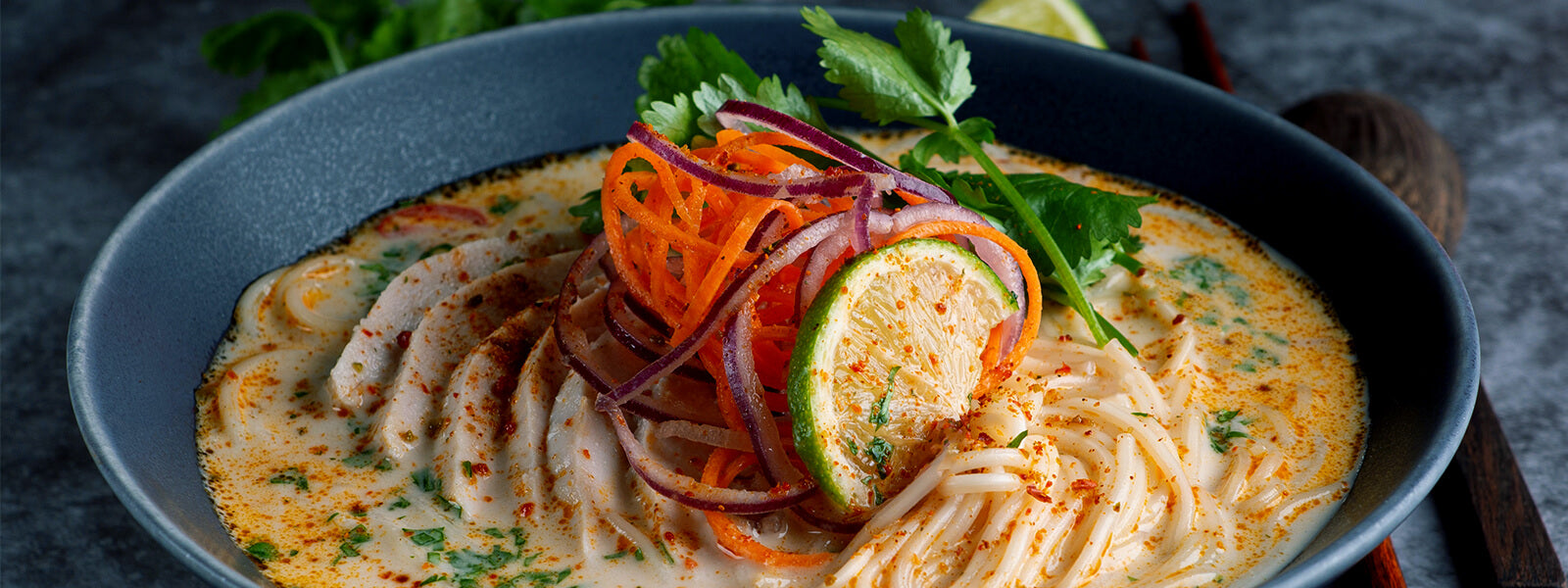
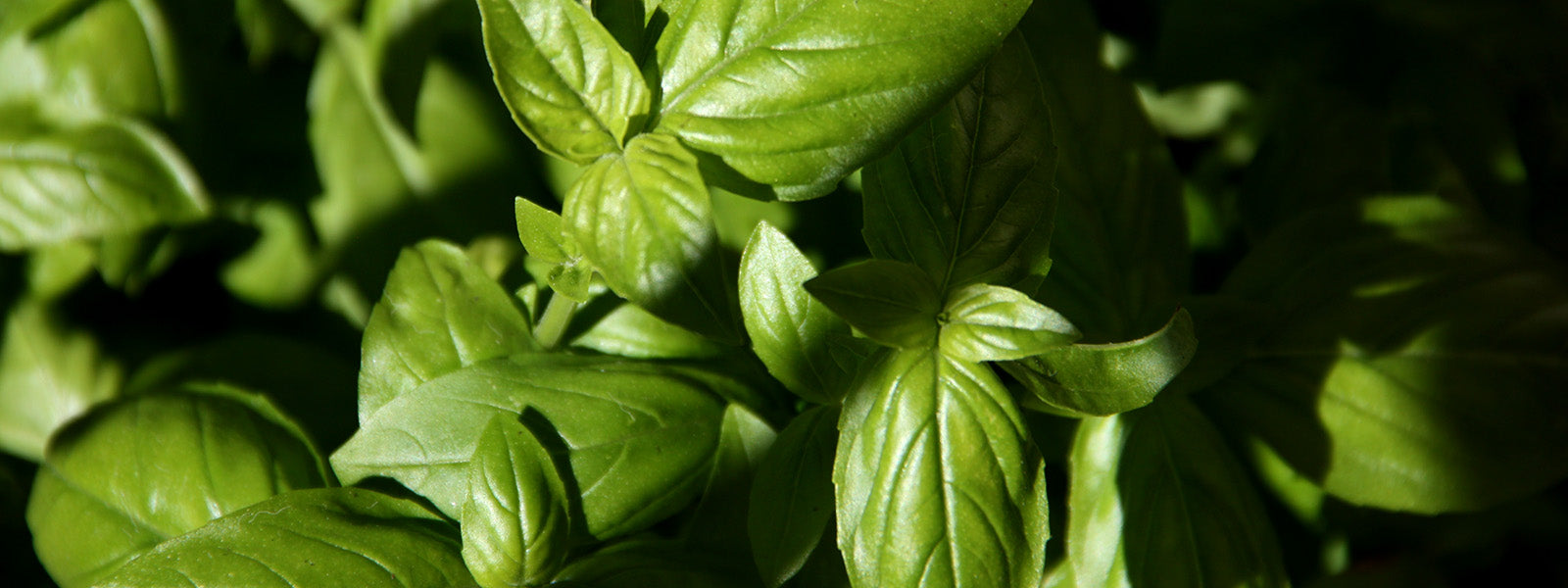
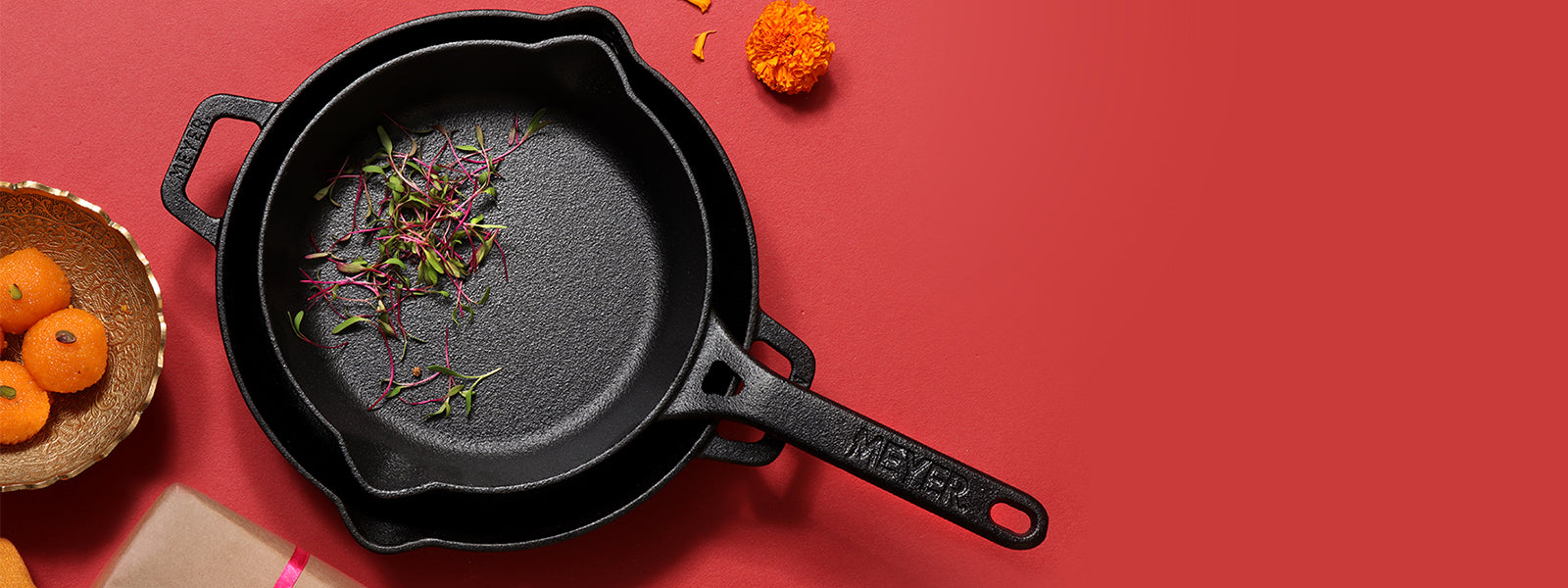
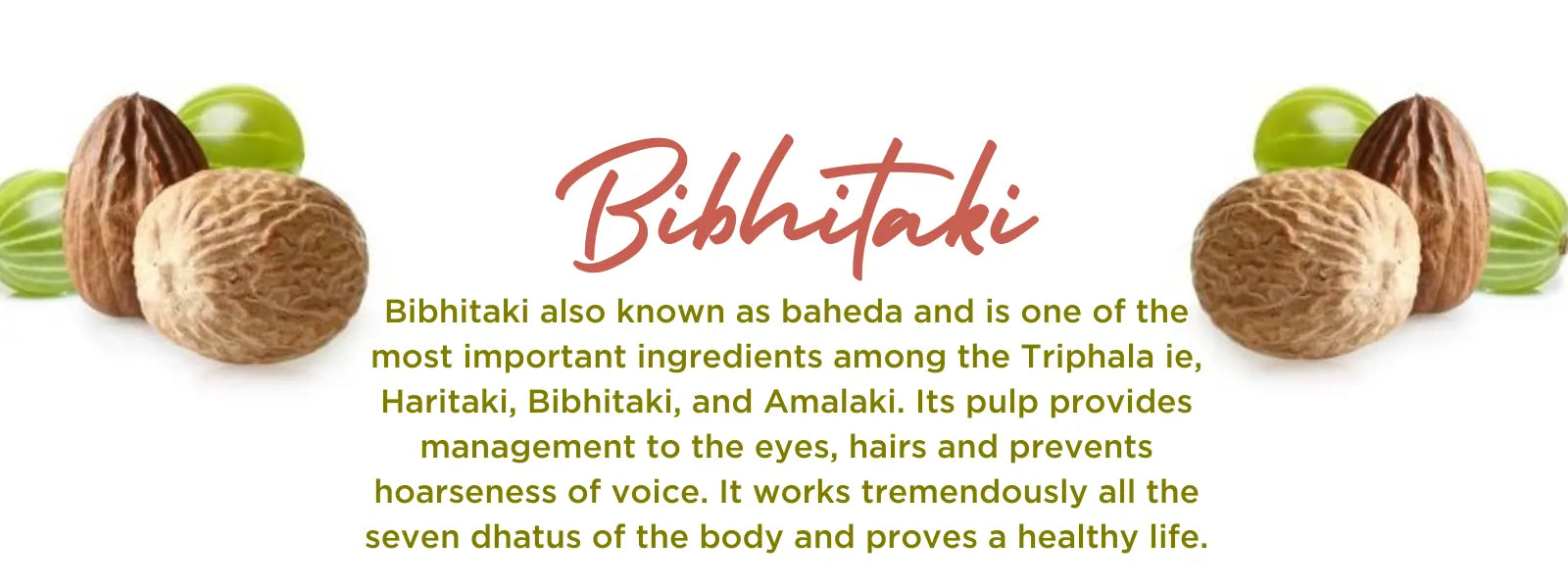
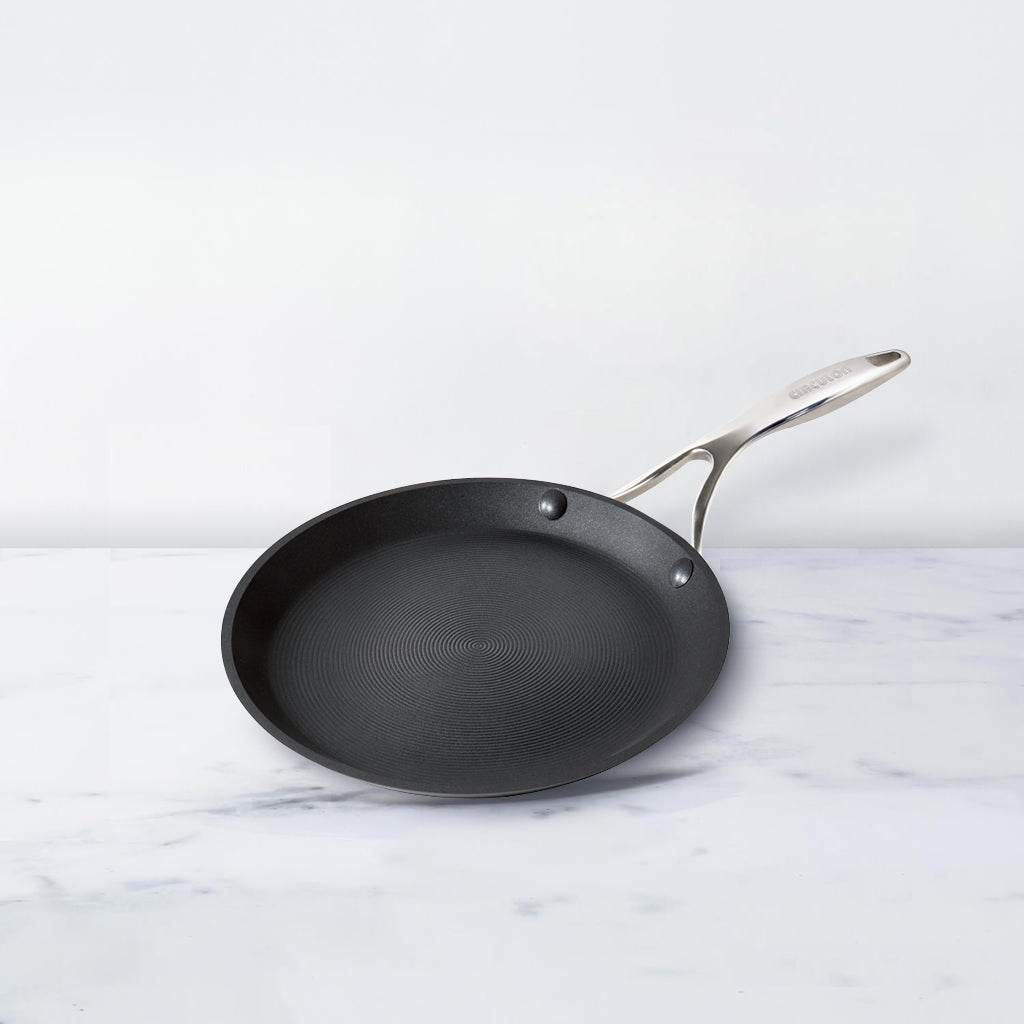
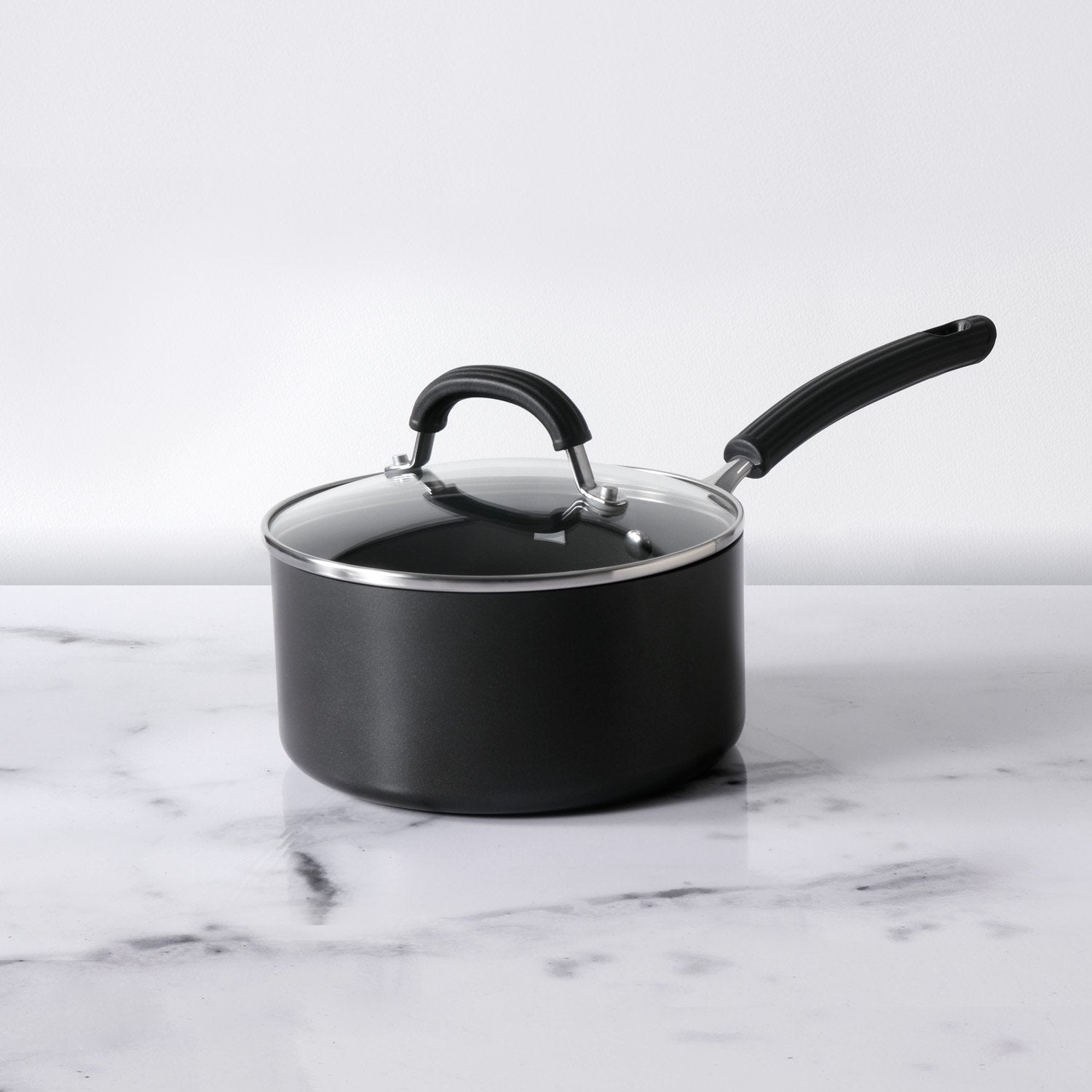




Leave a comment